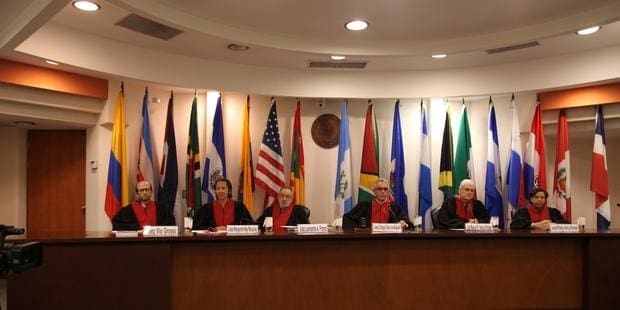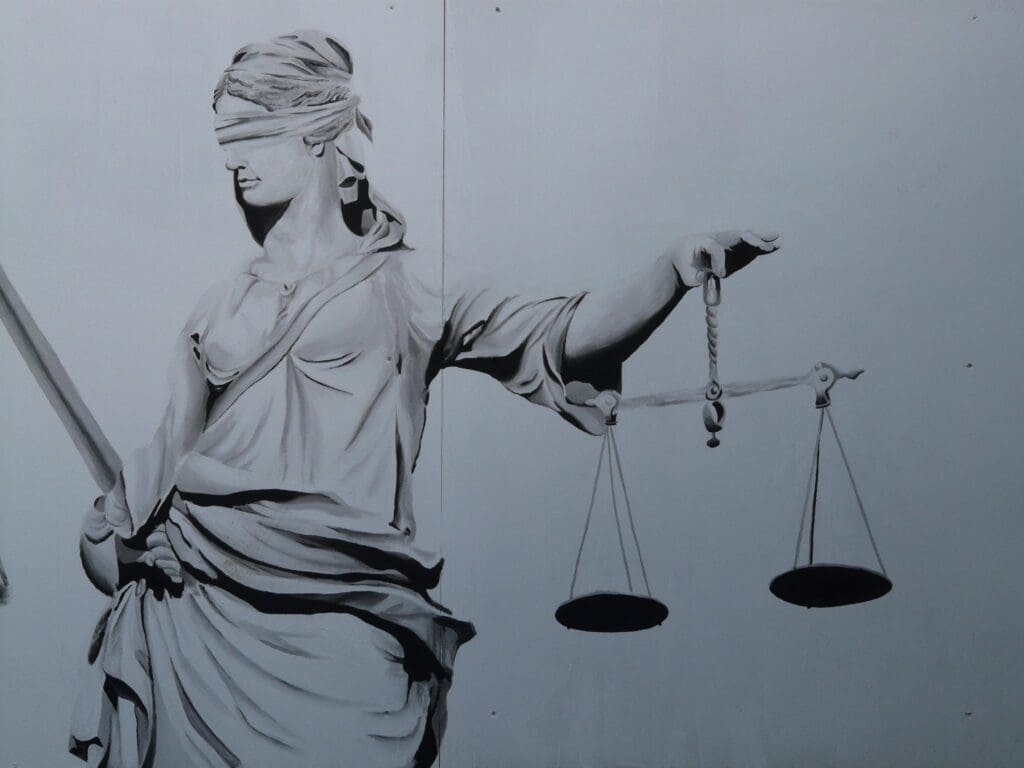In the context of modern human rights law, defamation can be understood in terms of the Article 17 of the ICCPR, specifically the protection against “unlawful attacks” on a person’s “honour and reputation”. Defamation, libel and slander laws provide recourse where false statements cause harm to a person’s reputation.
However, defamation is frequently misused to stifle freedom of expression and dissent and can have a serious chilling effect on journalistic publication. Finding an appropriate balance between the legitimate protection of reputation on the one hand and the right to freedom of expression on the other is a central endeavour of international and domestic law on this topic.
Across the world, criminal defamation is generally considered to be disproportionate in terms of international law. Civil defamation may also be disproportionate, where the sanctions imposed are punitive rather than aimed at redressing any wrong committed. The high damages awarded in defamation in some jurisdictions has led to a phenomenon of “libel tourism”, where plaintiffs shop around to find the most lucrative jurisdiction in which to file a suit. The costs of defending a defamation lawsuit also means it is easily weaponised into a Strategic Lawsuits Against Public Participation (SLAPP) – in which plaintiffs pursue litigation intended to intimidate critics into silence.
Some governments and private sector actors are becoming increasingly adept at finding new ways to weaponise defamation laws to punish critics and opponents, such as by using Strategic Lawsuits Against Public Participation (SLAPP).
Summary Modules
Media Defence has developed a series of summary modules that provide an overview of freedom of expression issues in the law, including how defamation is treated in domestic and international law. While defamation laws vary across jurisdictions, there is a general trend towards decriminalisation. Across the globe, many countries are currently grappling with how to deal with defamation online. Social media and the internet have changed how people publish and share information, and many countries lack clear legislative frameworks dealing with defamation in the online space. This had led to an increase in online defamation cases and some ambiguity in how defamation applies in the online sphere.
Advanced Modules
Media Defence’s series of Advanced Modules on Digital Rights and Freedom of Expression online provide a more comprehensive review of current developments and jurisprudence in the field of digital rights. In combination with the Summary Modules above, these resources form the basis of our introductory and advanced litigation surgeries. The Advanced Modules have been designed to assist lawyers representing journalists, bloggers and other online media in East, West and Southern Africa. They include emerging trends in digital rights as well as tools and advice on litigating cases at the national and regional levels.
These Advanced Modules provide an in-depth exploration of developments in how defamation is legislated and enforced, including setting out applicable international law on defamation and reputation and documenting the evolution of the field from its colonial origins to the modern-day application of defamation claims to silence the media and critics.
Key Case Law
International law provides a resounding rebuke of the use of criminal defamation laws, noting that they are frequently abused to stifle criticism and free speech. While many countries’ courts have likewise ruled such laws unconstitutional, the use of defamation and other reputation-related laws, such as insult laws and restrictions on criticism of the monarchy, remain in use around the world. In other jurisdictions, large costs orders remain problematic.
The African Court overruled the conviction and harsh penalties levied on a journalist for defamation relating to news articles alleging corruption of a state prosecutor, and found that the conviction was a disproportionate interference with the journalist’s right to freedom of expression.
The Constitutional Court of Zimbabwe declared the offence of criminal defamation unconstitutional and inconsistent with the right to freedom of expression as protected under the Zimbabwean Constitution.
The Inter-American Court of Human Rights held that Costa Rica’s criminal defamation law violated the American Convention on Human Rights, which guarantees freedom of expression.
The Namibian Supreme Court emphasised the importance of the defence of reasonable publication in protecting media freedoms.
Factsheets
Media Defence’s Work

Inter-American Court of Human Rights Protects Freedom of Expression in Venezuelan Criminal Defamation Case
(Oct 31, 2019)

Media Defence Intervenes in European Court Case on Media’s Right to Access and Report from Defamation Proceedings
(Mar 09, 2018)

European Court considers Media Defence intervention on “defamation of the dead”
(Dec 05, 2017)


